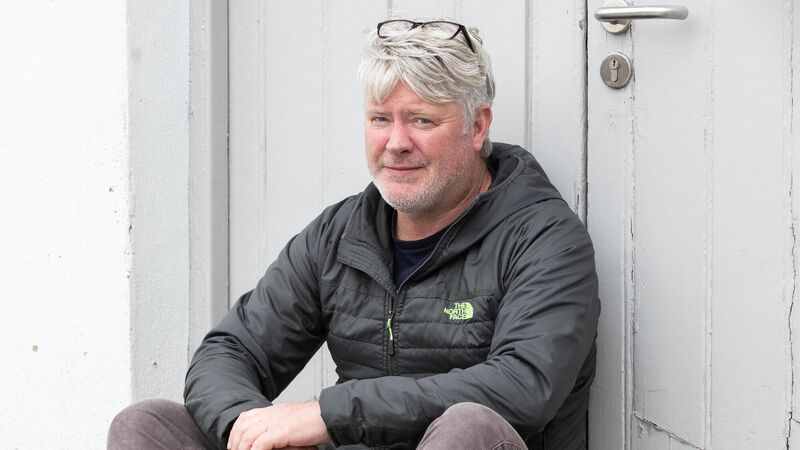Culture That Made Me: Pat Kiernan of Corcadorca reveals his influences

Pat Kiernan of Corcadorca theatre company in Cork. Picture: Darragh Kane
Pat Kiernan, 54, grew up in Glasheen, Cork. In 1991, he co-founded Corcadorca Theatre Company. In 1996, Corcadorca premiered Disco Pigs. Written by Enda Walsh and starring two unknown teenage actors, Cillian Murphy and Eileen Walsh, it toured internationally to widespread acclaim.
The play set the benchmark for several original, landmark productions, including site-specific shows like The Trial of Jesus on Cork’s Patrick’s Hill. Corcadorca will premiere Éadaoin O’Donoghue’s Hail to the Great Wave! on Monday, November 22 at Triskel Arts Centre, Tobin St, Cork.




